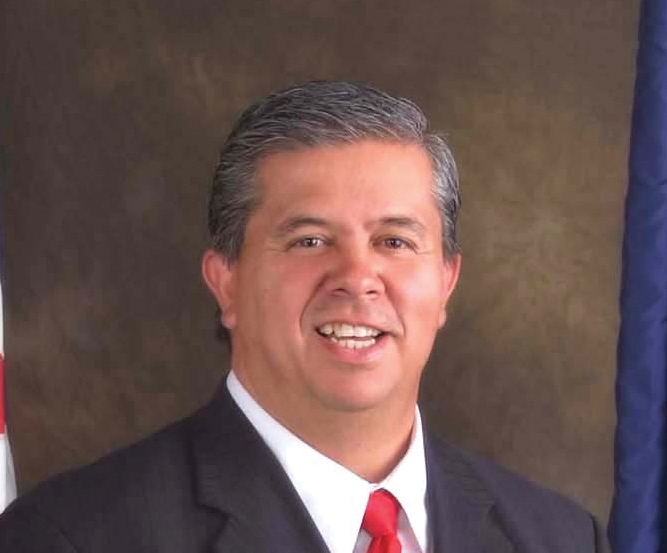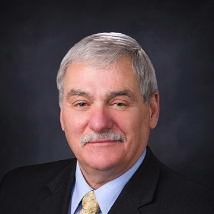
Paul Elementary School needs close to $250,000 to keep iPads in its classrooms next year — and the Minidoka County School District will ask the state for funding. But it’s too early to say whether the school will get the money, or even if the school will be eligible for a grant.
The state has $3 million available for technology pilot grants in 2013-14, and it will be up to Superintendent of Public Instruction Tom Luna’s office to decide who gets a share of the money.

It will be up to a team of private sector experts and education officials to draw up the criteria, Luna said in a recent interview. One question the team will have to decide is whether the money will go to new technology pilots, continuing programs such as the Paul pilot, or some combination of the two.
Luna said he does prefer school-wide pilots to smaller, classroom-level pilots. On that yardstick, Paul’s pilot program would qualify, since every kindergartner through fifth-grader is supplied an iPad.
The $3 million technology line item, and the Paul program, came under close scrutiny during the just-finished legislative session. Some lawmakers grumbled that the technology plan was geared to help Paul get a share of the money, creating hard feelings during the session, and after.
Dean Cameron — the powerful co-chairman of the budget-writing Joint Finance-Appropriations Committee, and a Rupert senator who represents Paul — went out of his way during one Senate floor debate to say the school was being “unfairly” beaten up. And Minidoka Superintendent Scott Rogers says Cameron was the victim of political mudslinging. “I think he was doing what was right for Idaho.”
Where does the process go from here? Luna says that no one has hinted or suggested to him that Paul should be given an edge in the grant process. He promises that the grant process will be “very transparent.”
The grant process figures to be a short-term initiative. The $3 million is one-time money, designed to free up dollars for long-term recommendations from Gov. Butch Otter’s education reform task force.

It takes time to gather hard data on the effects of one-to-one devices in the schools — as is the case in Paul, five months into its iPad pilot. So when the 2014 Legislature convenes to make long-term technology decisions, and consider task force recommendations, the $3 million probably will not have bought lawmakers very much concrete evidence.
“As far as data goes, I think next session’s going to be too early for any kind of evaluation,” said Sen. John Goedde, R-Coeur d’Alene, chairman of the Senate Education Committee.
Like Cameron, House Speaker Scott Bedke, R-Oakley, represents Paul. He supports the Paul iPad program, but he also recognizes the importance of spreading grant money around the state.

Bedke especially recognizes the impact of technology pilots in the Treasure Valley — in districts that are highly visible to Idahoans and their elected officials.
“That’ll be what the state of Idaho looks like at buildout,” Bedke said. “You’ve got to make a special trip to come out to Paul.”
